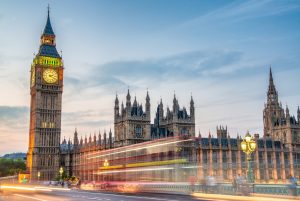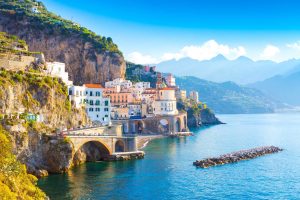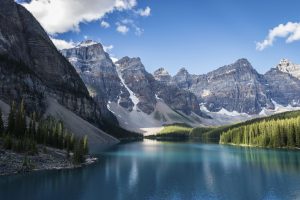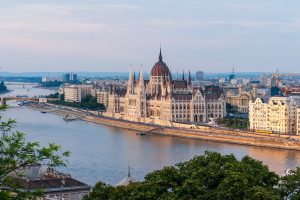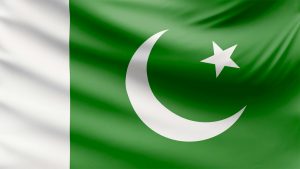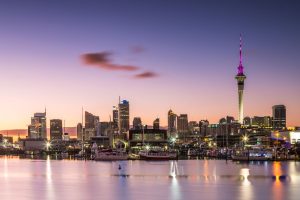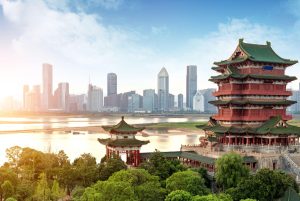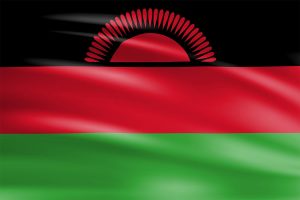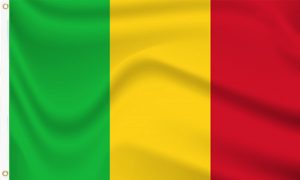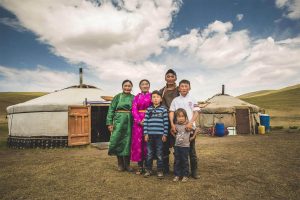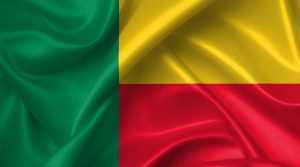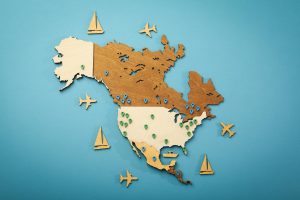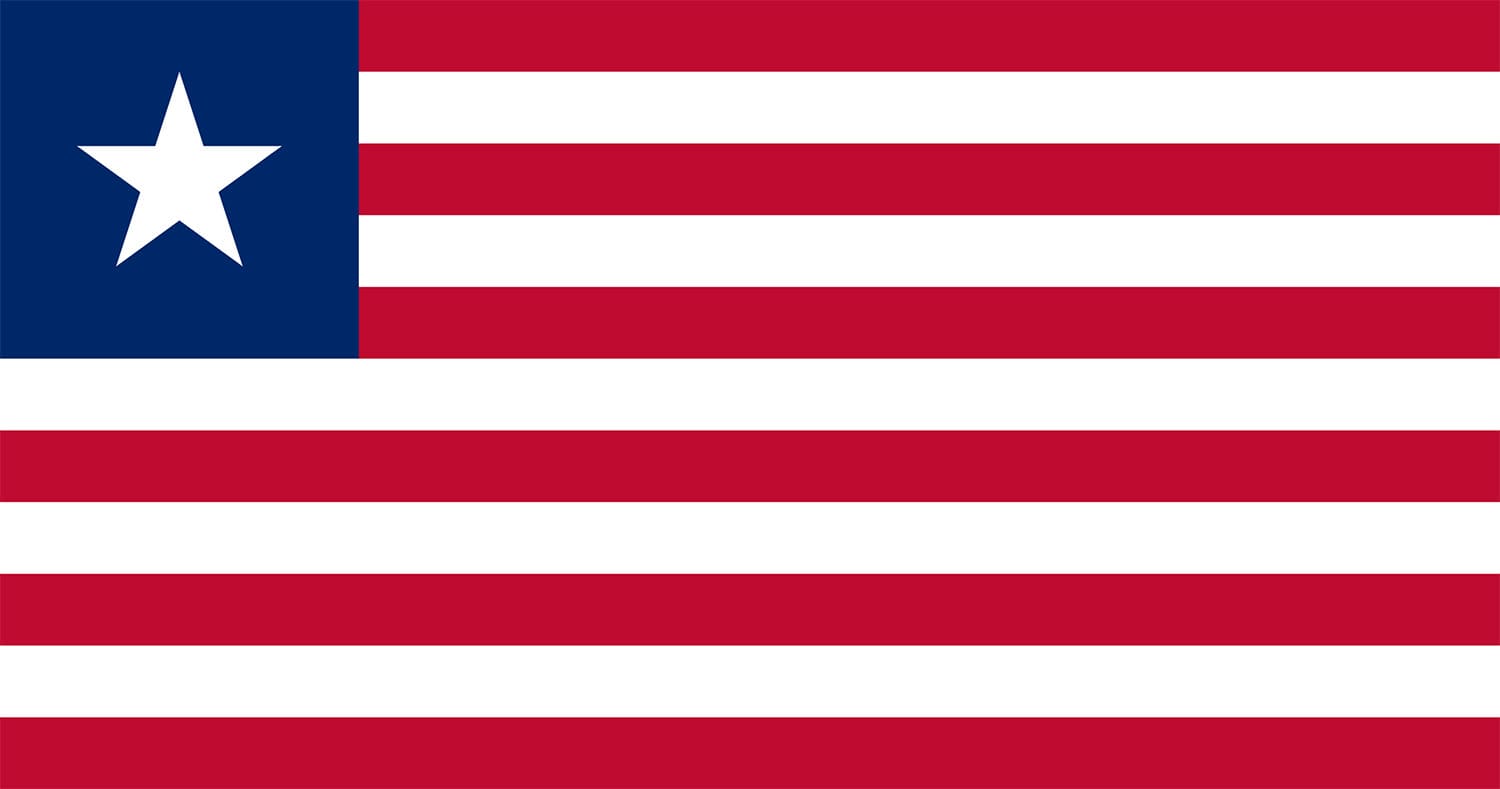
30 interesting facts about Liberia
- 👁️ 691
Liberia, often noted for its unique historical ties with the United States, is a country rich in cultural diversity and natural resources. It was founded by freed American and Caribbean slaves who declared independence in 1847, making it Africa’s first republic. Despite its potential, Liberia has faced numerous challenges, including civil wars and the devastating Ebola outbreak. Its recovery efforts continue to shape its development. The country’s complex history, vibrant cultural expressions, and resilience in the face of adversity make it a fascinating subject for those interested in African history and contemporary issues.
- Liberia is located on the West African coast, bordered by Sierra Leone, Guinea, and Côte d’Ivoire.
- The capital and largest city of Liberia is Monrovia, named after James Monroe, the fifth President of the United States.
- Liberia was established by the American Colonization Society, which supported the migration of freed African American slaves back to Africa.
- English is the official language, but over 20 indigenous languages are spoken within the country.
- The country declared its independence on July 26, 1847, making it the oldest republic in Africa.
- Liberia’s flag closely resembles the American flag, reflecting its historical ties to the United States.
- It has a unique historical relationship with the United States, yet it was never formally colonized by a European power.
- Liberia’s economy traditionally relies on iron ore, rubber, and timber.
- The country was significantly impacted by two civil wars, the first from 1989 to 1997 and the second from 1999 to 2003.
- Charles Taylor, a key figure in the civil wars, served as President from 1997 to 2003 before being convicted for war crimes.
- Ellen Johnson Sirleaf, elected in 2006, was the first elected female head of state in Africa.
- Liberia is known for its rich biodiversity, including pygmy hippos, forest elephants, and a variety of bird species.
- The country’s coastline offers some of the most pristine and undeveloped beaches in West Africa.
- Sapo National Park, Liberia’s largest protected area, is home to many endangered species.
- Liberia is one of the founding members of the League of Nations, now the United Nations.
- The Liberian economy is primarily reliant on agriculture and maritime resources.
- The country was severely affected by the Ebola virus epidemic in 2014, which killed thousands and crippled its health system.
- Liberia has substantial rainforest regions that are part of the Upper Guinean rainforest ecosystem.
- Traditional Liberian music blends hip-co, a genre that fuses hip-hop with West African sounds.
- Liberia has a dual currency system, using both Liberian dollars and US dollars.
- More than 60% of Liberia’s population is under the age of 25, reflecting a youthful demographic.
- The Pepper Coast, another name for the Liberian coastline, got its name from the abundance of melegueta pepper.
- Liberia’s education system is still recovering from the impacts of prolonged civil unrest.
- Rubber production is a major industry, with Firestone operating one of the largest rubber plantations in the world in Liberia since 1926.
- The Blue Lake in Bomi County, approximately 80 km from Monrovia, is a beautiful natural tourist attraction known for its crystal-clear blue water.
- Liberian literature has gained attention with works from authors like Helene Cooper and Leymah Gbowee, the latter also a Nobel Peace Prize laureate.
- The nation has rich cultural rituals and masquerade festivals, showcasing masks from the Vai, Gola, and other tribes.
- Football is the most popular sport, with George Weah, a former football star and current President, embodying the national passion for the sport.
- Liberia has a significant impact on regional politics in West Africa, often mediating in conflicts and participating in peacekeeping.
- The Liberian constitution is modeled after the U.S. Constitution but tailored to local contexts.
In summary, Liberia’s rich history as a nation founded by freed slaves has shaped its unique cultural and political landscape. The country’s resilience in recovering from civil wars and an Ebola outbreak demonstrates the strength and determination of its people. Understanding Liberia’s past and its developmental strides is crucial for appreciating its role in regional and global contexts. This nation continues to work towards stability and prosperity, reflecting the enduring spirit of its people.
